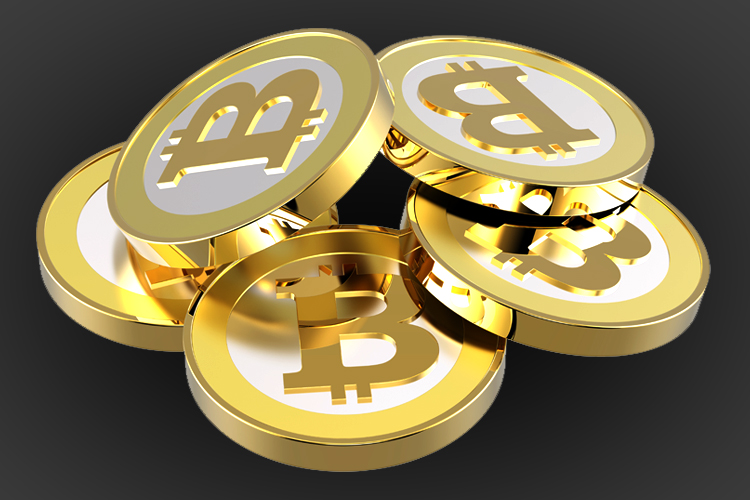 NEWS
NEWS
 NEWS
NEWS
 NEWS
NEWS
![]() Could the closure of the world’s most notorious virtual black market pave the way for a cryptocurrency’s long term success?
Could the closure of the world’s most notorious virtual black market pave the way for a cryptocurrency’s long term success?
Silk Road is an online black marketplace that was operated as a Tor hidden service – making it the perfect place to do shady transactions online, such as buying and selling illegal drugs, finding hackers for hire, hiring hitmen and more.
On Wednesday, the Federal Bureau of Investigation seized the Silk Road’s domain, shutting it down and arresting Ross William Ulbricht, the person allegedly behind the virtual black marketplace’s operations. What the FBI discovered goes far beyond what was previously suspected.
According to Gawker’s Adrian Chen, the FBI obtained a mirror of the server used by Silk Road to hide its business from law enforcement in an unidentified foreign country. Previous Silk Road revenue was estimated at about $22 million of total sales a year, but the investigation discovered that it boasted over $1.6 billion in sales from 2011-2013, which resulted in $80 million in commissions, and that Ulbricht “alone has controlled the massive profits generated from the operation of the business.”
Bitcoin was the primary currency for Silk Road transactions as it provided a way for buyers and sellers to keep their anonymity. The investigation discovered that from February 2011 until July 2013, Silk Road’s revenues totaled 9,519,664 bitcoins, which is almost a many as the total number of bitcoins in circulation – currently 11,744,575. This shows that bitcoin fueled the black market, which at first glance doesn’t seem to bode well for the future of the cryptocurrency.
The Silk Road shut down initially caused a bit of panic in the bitcoin community, as many were quick to sell their virtual goods, while others, like the the nonprofit Digital Citizens Alliance who purchased bitcoins for the sake of investigation, reported that their bitcoins just vanished.
According to BusinessWeek, bitcoin’s value dropped to about $110 by early Wednesday afternoon, before bouncing back to $123.
This incident could put a great strain in bitcoin’s reputation as a reliable anonymous currency, as investigations showed that it’s not entirely anonymous – the truth is that purchases made using bitcoin can be tracked down.
“This goes to show you that even though this is an anonymous currency, if you use it for illegal purposes, you will get caught,” Garth Bruen, president of the KnujOn spam-reporting service and a member of the DCA’s advisory board, told the Washington Post.
So is this the end for bitcoin? Not by a long shot.
Some suggest that bitcoin could actually use the incident to its advantage by showing that bitcoin is not only meant for online shady transactions. The fact that bitcoin was successfully used on the Silk Road shows that it is a viable digital currency for legitimate transactions as well. There are already online shops accepting bitcoin as payment, so with its negative side severed, more people might begin to trust it.
“[F]or anybody wanting to see the broader adoption of bitcoin, the shuttering of Silk Road should be considered a necessary and very welcome step — and one which will help support its value over the medium term. Sure, the price fell today — but not egregiously so: it was about $140 in the morning, briefly fell as far as $110, and is now back to $125. By bitcoin standards, that’s a surprisingly low amount of volatility on a big-news day. And with Silk Road gone, a significant source of downside tail risk has now been effectively removed from the bitcoinverse,” writes Felix Salmon in Reuters.
The Silk Road incident could well prove to be bitcoin’s redemption, especially if those involves in illegal transactions are forced to use other methods.
Support our mission to keep content open and free by engaging with theCUBE community. Join theCUBE’s Alumni Trust Network, where technology leaders connect, share intelligence and create opportunities.
Founded by tech visionaries John Furrier and Dave Vellante, SiliconANGLE Media has built a dynamic ecosystem of industry-leading digital media brands that reach 15+ million elite tech professionals. Our new proprietary theCUBE AI Video Cloud is breaking ground in audience interaction, leveraging theCUBEai.com neural network to help technology companies make data-driven decisions and stay at the forefront of industry conversations.